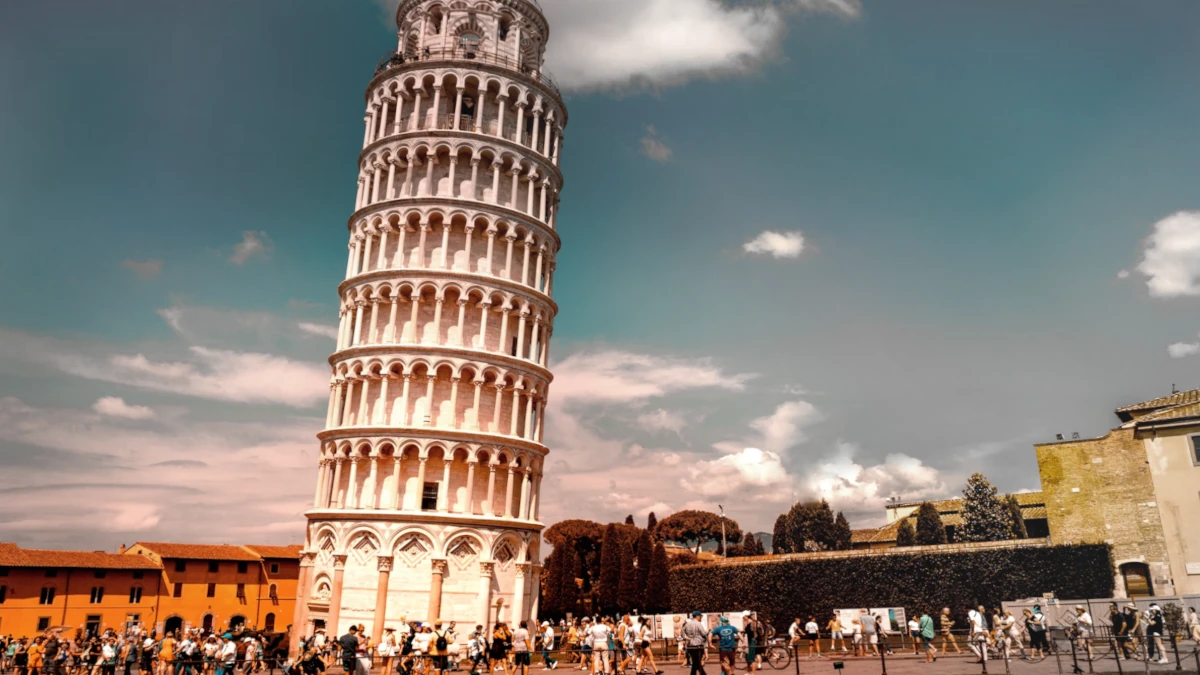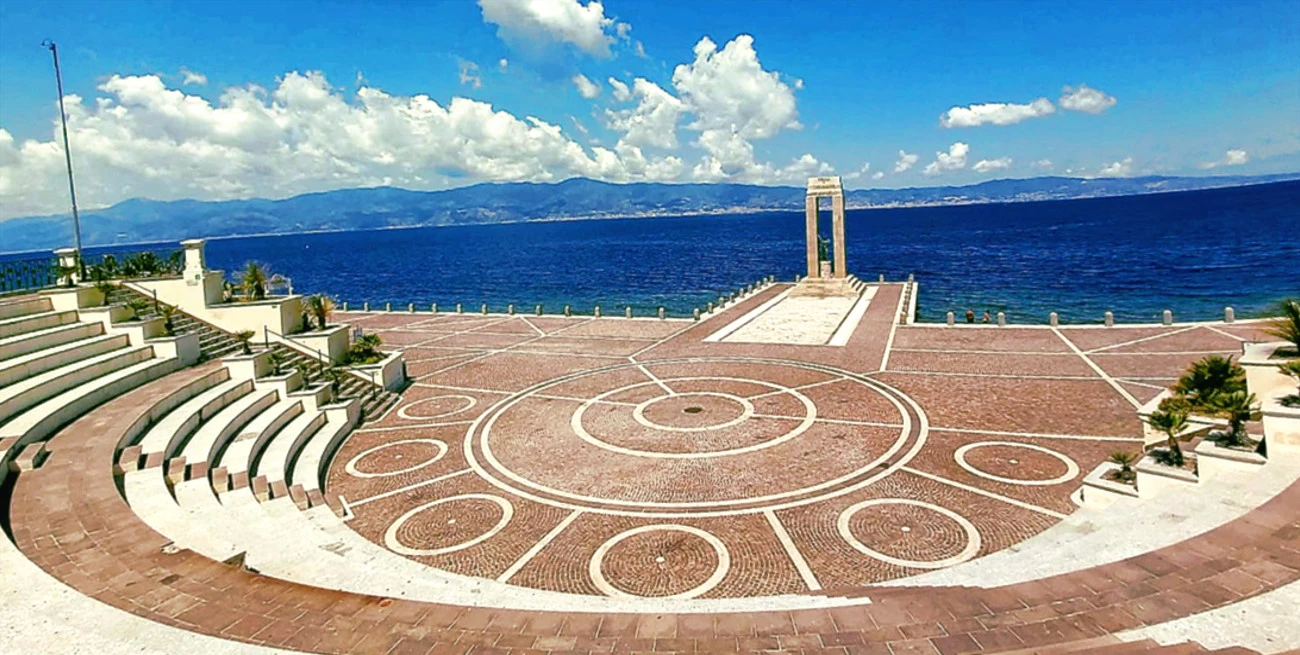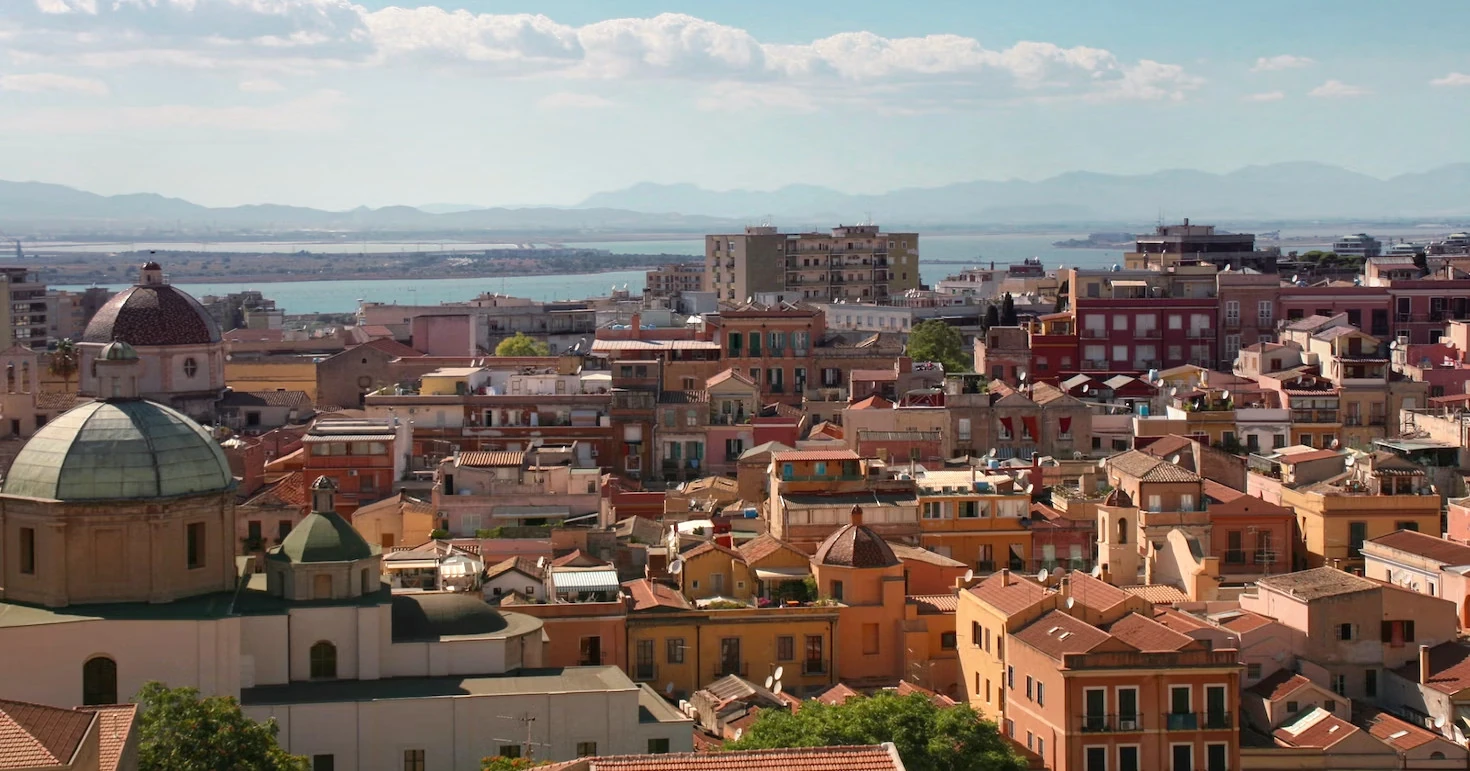Living in Bologna
Bologna is one of the oldest and most charming cities in Italy, with a rich history and culture that spans over two millennia.It is the capital of the Emilia-Romagna region, in northern Italy, between the Reno and Savena rivers.
It lies at the northern foot of the Apennines, on the ancient Via Aemilia.
Living in Bologna as an expat can be rewarding and enjoyable.
You can appreciate the beauty and authenticity of the city, its famous cuisine, its lively student atmosphere, and its friendly and welcoming people.
Bologna is also a strategic location for exploring other Italian cities and regions, as it is well connected by train and highway.
Bologna is the seventh most populous city in Italy, with about 400,000 inhabitants and 150 different nationalities.
It is also the core of the wider Bologna metropolitan area, which is home to more than 1,000,000 people.
Bologna is the cultural and educational capital of Italy, as it hosts the oldest university in the world, the University of Bologna, founded in 1088.
It is known for its towers, churches and lengthy porticoes, which are a UNESCO World Heritage Site.
It is also famous for its cuisine, which is considered one of the best in Italy and the world.
Some of the typical dishes are tortellini, tagliatelle, lasagna, mortadella, and ragù.
It has a GDP of about €50 billion ($58 billion), making it one of the most prosperous cities in Italy and Europe.
Search for:
What is Bologna like?
Bologna is a vibrant and diverse city, with a lot of cultural and artistic opportunities and events.It is home to people from different countries, cultures and backgrounds, who enrich the city’s social and artistic life.
Bologna is also a city of music, as it was declared a UNESCO 'City of Music' in 2006.
It hosts many museums, galleries, theaters, festivals and events, covering various fields of interest, such as art, music, literature, cinema, history, and science.
Some of the most famous cultural attractions in Bologna are the MAMbo - Museo d’Arte Moderna di Bologna, the Museo Civico Archeologico, the Pinacoteca Nazionale di Bologna, the Palazzo Pepoli, the Museo della Civiltà Contadina, and the Cineteca di Bologna.
Climate
Living in Bologna means experiencing four seasons, each with its own charm and challenges.In the summer, it’s hot and humid, and you can enjoy the sun and the festivals.
By contrast in winter it is cold and foggy, and you can admire the porticoes and the Christmas markets.
The spring and the autumn are mild and pleasant, with some rain and some sun.
You can see the flowers and the fruits, and enjoy the cuisine and the art.
Bologna is not very sunny or rainy by Italian standards, but it still has some clear and bright days, and some wet and cloudy days.
The weather can be changeable and unpredictable, so you need to be prepared for anything.
Economy
Bologna is the economic capital of the Emilia-Romagna region, and one of the most prosperous and innovative cities in Italy and Europe.It has a diversified and dynamic economy, based on sectors such as manufacturing, agriculture, food, automotive, engineering, biotechnology, health, culture and services.
It is also a hub for education and research, hosting the oldest university in the world, the University of Bologna, and several other institutions, such as the Alma Mater Studiorum, the Scuola Superiore di Studi Umanistici, the Collegio Superiore and the Collegio di Spagna.
Bologna offers many opportunities for work and career development, especially for highly skilled and qualified professionals.
However, it is also a city with a high cost of living, and some social and environmental problems, such as traffic congestion, air pollution, housing shortage and social exclusion.
Bologna is one of the richest cities in Italy and Europe, but it also has a strong social and solidarity economy, with a large number of cooperatives, associations, foundations and social enterprises.
According to the latest data, about 12% of the population in Bologna lives below the poverty line, and about 8% is unemployed.
The city also has a diverse and multicultural population, with people from different countries, cultures and backgrounds, who contribute to the city’s social and economic development.
Education
Bologna is a university city, with a large and diverse student population.It has several public and private universities and colleges, offering a wide range of courses and degrees, from humanities and social sciences to engineering and medicine.
Some of the most prestigious and renowned academic institutions in Bologna are the University of Bologna, the Alma Mater Studiorum, the Scuola Superiore di Studi Umanistici, the Collegio Superiore and the Collegio di Spagna.
The city also has many international schools, catering to the needs of expat families and children.
Some of the most popular and reputable international schools in Bologna are the International School of Bologna, the Bologna International School, the Bologna British School and the Bologna French School.
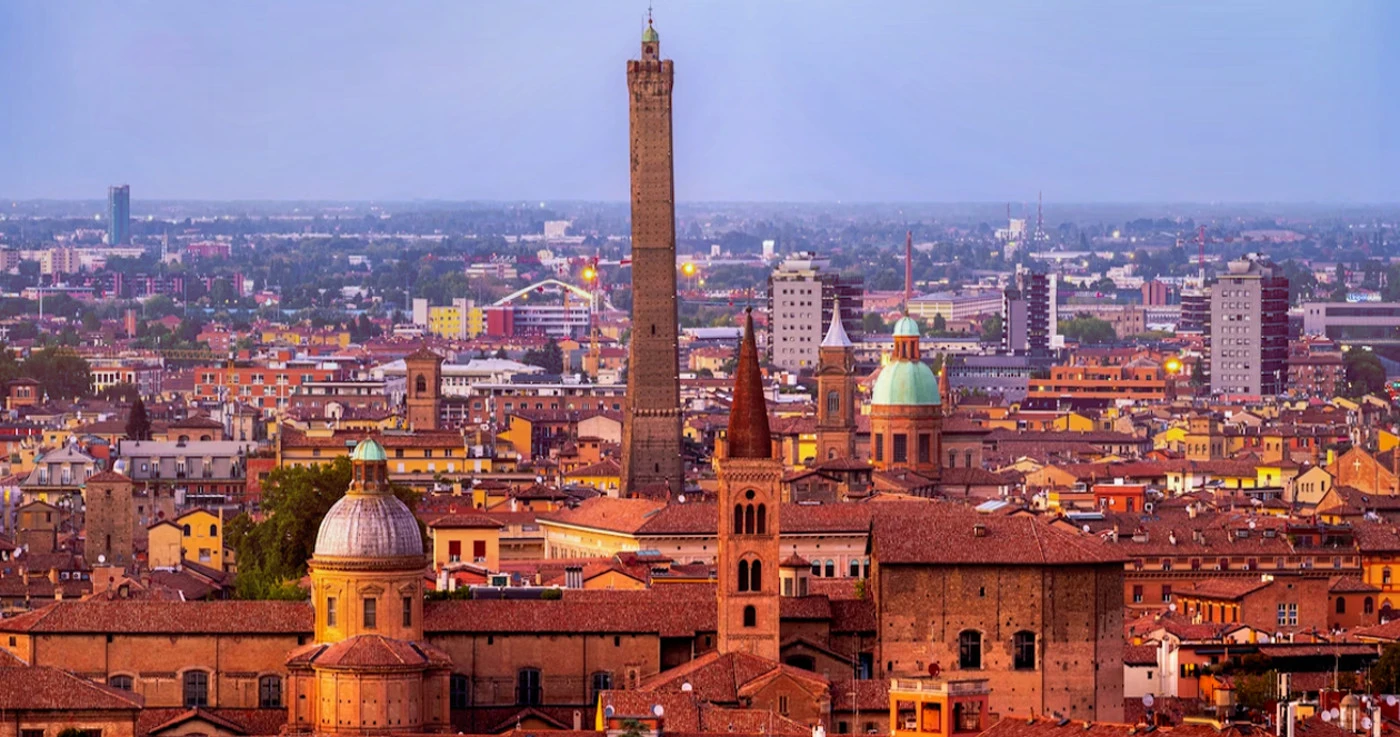
Cost of living in Bologna
The cost of living in Bologna is moderate compared to other Italian cities.It is cheaper than Milan, Rome, Florence, and Venice, but more expensive than Naples, Palermo, and Turin.
A family of four estimated monthly costs are €2,500 without rent, and a single person estimated monthly costs are €700 without rent.
Rent in Bologna is reasonable, especially in the outskirts of the city.
For example, a one-bedroom apartment in the city centre costs about €600 per month, while a three-bedroom apartment costs about €1,000 per month.
The prices of food, transportation, utilities, and entertainment are also average compared to the national level.
Is Bologna safe?
Bologna is a relatively safe city for tourists and expats, with a moderate crime rate compared to other major cities in Italy and Europe.However, some precautions are recommended, especially in certain areas and situations.
The most common crimes in Bologna are pickpocketing, bag-snatching, scams and graffiti, which usually target crowded and touristy places, such as the city center, the railway station, the bus station and the university area.
To avoid these risks, it is advisable to be vigilant and careful, to keep your valuables close and secure, to avoid suspicious or aggressive people, and to report any incident to the police.
Bologna is also generally safe at night, but it is better to avoid walking alone in dark and isolated streets, and to stick to the well-lit and busy areas.
Pros and cons of life in Bologna
| Pros | Cons |
|---|---|
| Historic and charming city | Hectic and stressful city |
| Gastronomic heaven | Poor quality housing |
| Mild and pleasant climate | Traffic and parking problems |
| Lively and vibrant atmosphere | Noisy and polluted |
| Friendly and welcoming city | Moderate crime rate |
| Language diversity | Low work and opportunities |
| Moderate cost of living | Bureaucratic and rigid culture |
| Relaxed and laid-back lifestyle | Low quality of healthcare and social services |
Advantages of Living in Bologna
Overall, Bologna is a historic and charming city, with a rich history and culture that spans over two millennia.You can explore its many towers, churches and porticoes, which are a UNESCO World Heritage Site, and learn about its diverse and fascinating heritage.
It is also a gastronomic heaven, with delicious and authentic cuisine, famous for its tortellini, tagliatelle, lasagna, mortadella, and ragù.
The city has a mild and pleasant climate, with warm springs and autumns, and cool winters.
Not only that, but you can also enjoy its lively and vibrant atmosphere, thanks to its large and diverse student population, and its many festivals and events.
Bologna is a friendly and welcoming city, where you can meet people from different countries, cultures and backgrounds, and experience the warm and hospitable Bolognese spirit.
Italian is the main language spoken here, but you can also find people who speak English, French, Spanish, or German, especially in the academic and tourist areas.
The city has a moderate cost of living, compared to other Italian cities, which makes it affordable and attractive for expats and nomads.
Bologna has a relaxed and laid-back lifestyle, which allows you to enjoy life at your own pace and appreciate the beauty and charm of the city.
Disadvantages of Living in Bologna
Bologna can be hectic and stressful to live in.You can face difficulties in finding quality housing, especially in the city center, where the demand is high and the supply is low.
You can also encounter problems with the traffic and parking, as the city is congested and crowded, and the public transportation is not very efficient or reliable.
The city can be noisy and polluted, with honking, shouting, and smog, which can affect your health and environment.
Bologna is not very safe, and the crime rate is moderate, especially in some areas, where you can encounter theft, scams, or vandalism.
You can also have trouble finding work and opportunities, as the economy is not very dynamic and the unemployment rate is high, especially for young people.
Moreover, the city can have a bureaucratic and rigid culture, which can be frustrating and annoying, especially for foreigners, who have to deal with a lot of paperwork and regulations.
In addition to that, compared to other parts of Europe, Bologna can have a low quality of healthcare and social services, which can limit your access and options.
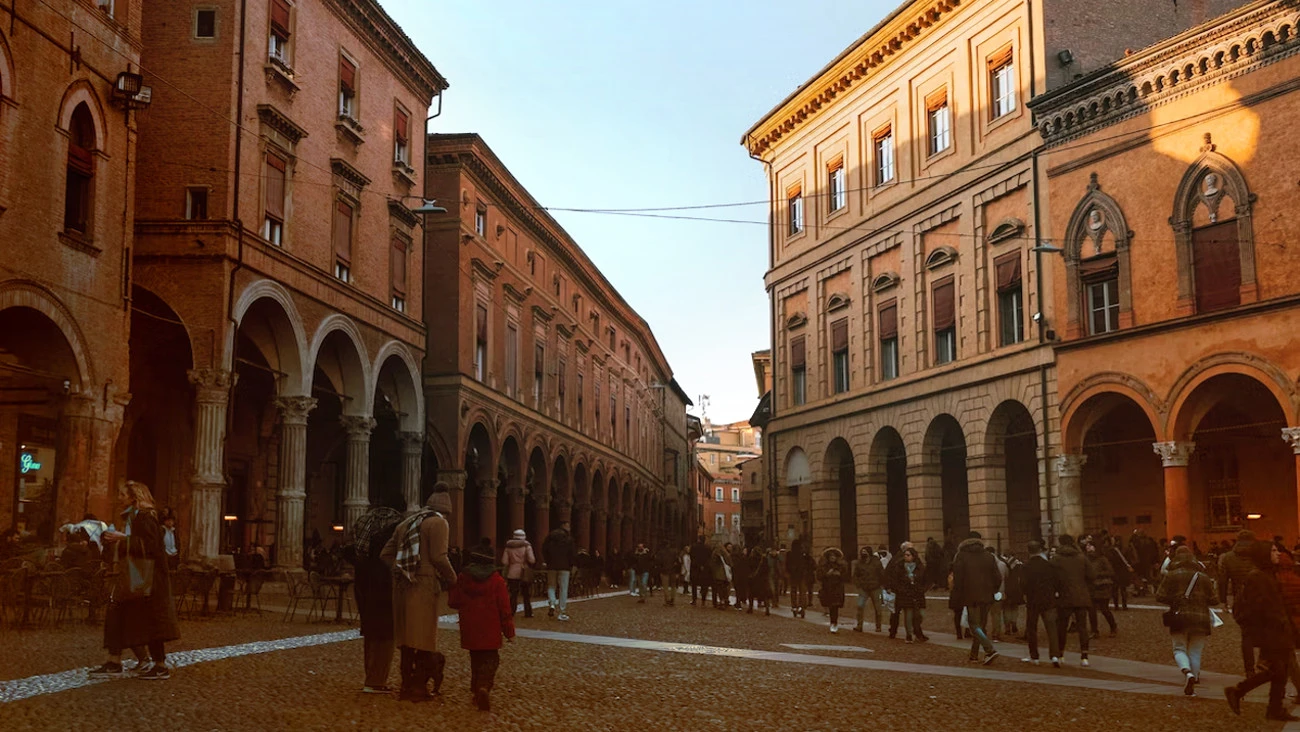
FAQs
What is Bologna like for foreigners?
Bologna is a charming city that boasts a rich historical and cultural heritage.It is the capital of Emilia-Romagna and one of the most important university cities in Italy.
It is a great choice for expats who love authentic and lively experiences.
Bologna offers many attractions, such as museums, churches, towers, and arcades, as well as a vibrant nightlife, a delicious cuisine, and a friendly atmosphere.
Living in Bologna as an expat can be both enjoyable and challenging.
You can enjoy the benefits of a high quality of life, a diverse and cosmopolitan community, and a lot of opportunities for learning and working, but you also have to deal with the drawbacks of a relatively high cost of living, a crowded and noisy city, and a hot and humid climate.
Some of the best areas for expats to live in Bologna are the historic center, the Santo Stefano district, and the hills around the city.
What is Bologna like for students?
Bologna is a perfect destination for students who want to study in Italy or abroad.It is a city that has a long and prestigious academic tradition, as it hosts the oldest university in the world, the University of Bologna, which offers a wide range of programs in various disciplines.
Students in Bologna can enjoy a stimulating and enriching educational environment, a diverse and international student community, a rich and varied cultural scene, and a lot of opportunities for socializing and networking.
Bologna is also a charming and lively city, with many attractions, such as museums, churches, towers, and arcades, as well as a vibrant nightlife, a delicious cuisine, and a friendly atmosphere.
Bologna is a city that combines history and innovation, tradition and diversity, culture and fun, making it one of the best cities to move to as a student in Italy.
What is Bologna like for women?
Bologna is a city with a rich social and political heritage, but also a complex history of gender and sexuality.It is a city that has produced and hosted many influential women who have contributed to various fields, such as science, law, education, and activism.
Women in Bologna can benefit from a diverse and dynamic environment, a high level of culture and services, and a strong sense of solidarity and participation.
However, women in Bologna also have to deal with some issues, such as wage gap, violence, and discrimination, that affect their rights and opportunities in society.
What is Bologna like for LGBTQ people?
Bologna has a friendly and lively LGBTQ+ scene, with a number of gay bars, clubs, saunas, and events.It is a city that embraces diversity and inclusion, with a vibrant queer culture, with artists, writers, and performers who embody the struggle for LGBTQ+ rights.
Bologna has a reputation of being a tolerant and progressive city, especially in comparison to other parts of Italy, and it has a history of supporting human rights and social movements, such as the anti-fascist resistance, the feminist movement, and the gay pride.
However, Bologna also faces some challenges and problems related to gender and sexuality, such as prejudice, stigma, and homophobia, that require continuous work and awareness.
Is Bologna a poor city?
Bologna is a relatively rich city in Italy, with a GDP per capita of €36,000 ($42,000), which is higher than the national average of €28,000 ($33,000).Bologna has a strong and diversified economy, based on sectors such as manufacturing, services, education, research, and tourism.
It is also a hub for innovation and start-ups, hosting several incubators and accelerators.
However, Bologna also faces some social and economic challenges, such as unemployment, poverty, inequality, and environmental issues.
According to the latest data, the unemployment rate in Bologna is 7.4%, slightly lower than the national average of 8.8%.
The poverty rate is 6.5%, which is below the national average of 9.4%, but still affects about 25,000 people in the city.
Is Bologna dirty?
Bologna is a fairly clean city in Italy, with a good level of air quality, waste management, and water sanitation.Bologna ranked 6th out of 104 Italian cities in the latest environmental survey by Legambiente and Ambiente Italia, which measures the quality of urban ecosystems.
Bologna has implemented several initiatives to improve its cleanliness and sustainability, such as promoting public transportation, cycling, and car-sharing, reducing greenhouse gas emissions, increasing recycling and composting, and protecting green areas and biodiversity.
However, Bologna still faces some problems with cleanliness, such as littering, graffiti, dog waste, and occasional smog episodes.
Bologna also needs to improve its water efficiency and consumption, as it has one of the highest rates of water loss and leakage in Italy.
Is Bologna walkable?
Bologna is a city that has a high level of walkability, as it is compact, flat, and pedestrian-friendly.It also has a extensive public transport system, with buses, trolleybuses, and trains, that is efficient, affordable, and integrated.
Moreover, Bologna has a unique feature for walkers: the porticoes, which are covered arcades that extend for about 40 km in the city center, providing shade and shelter from the elements for pedestrians.
